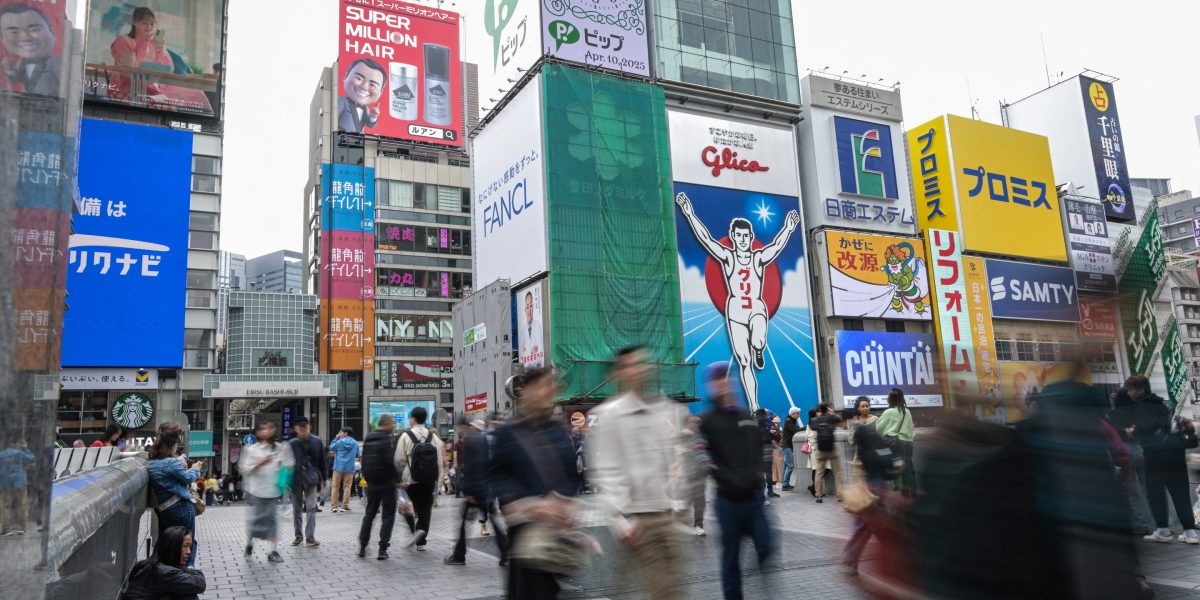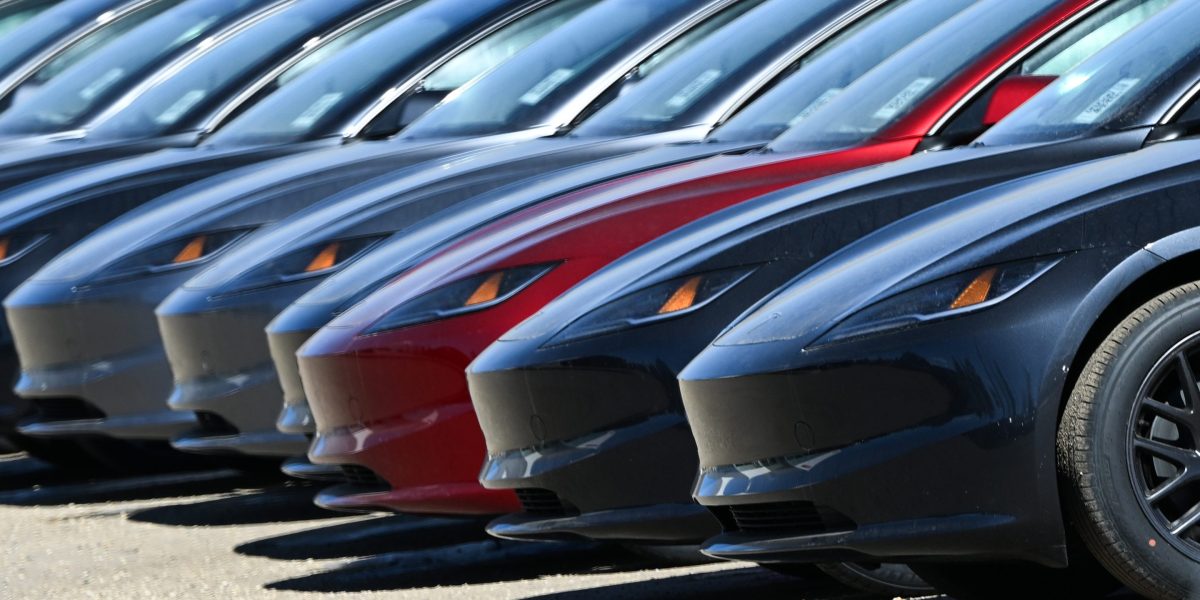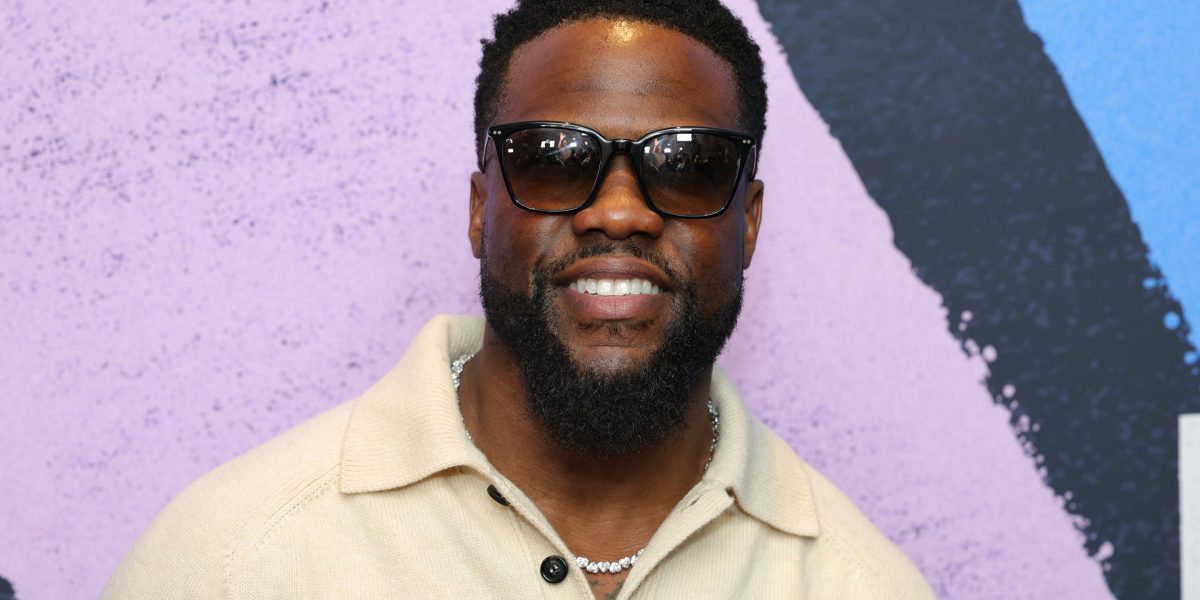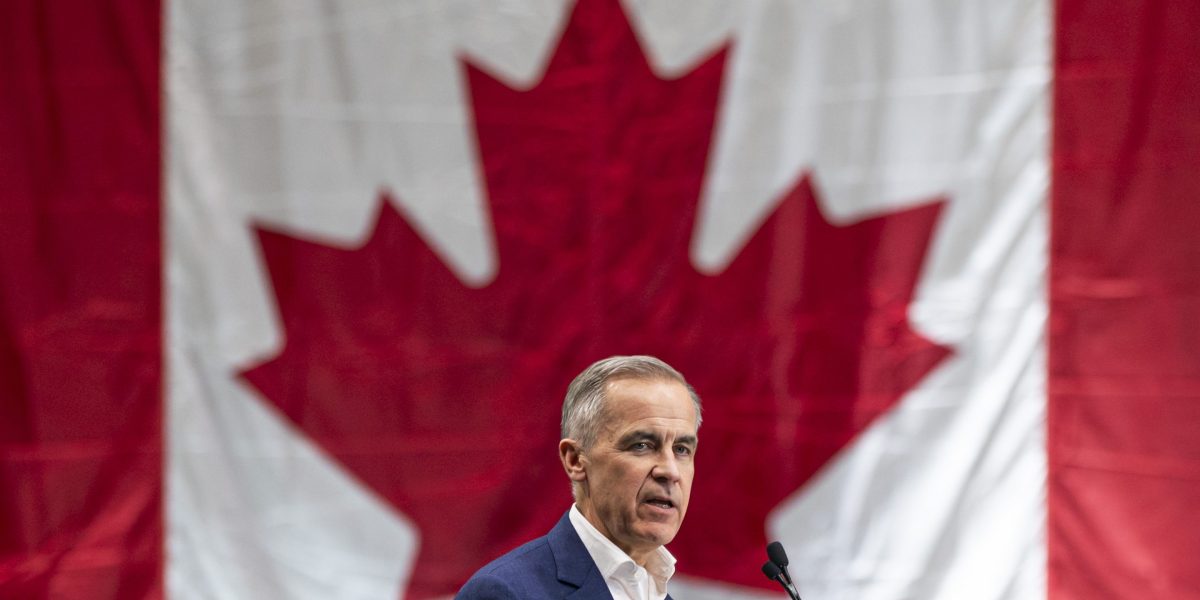Mark Carney said he expects US President Donald Trump will try to extract “major concessions” from Canada in negotiations, and that he takes seriously the president’s stated desire to turn the country into a US state.
“Take what the president says literally. I take it literally. I always have,” the Canadian prime minister told reporters on the final weekend before national elections.
“Right from the start, I took it seriously. And because of that, that drives our actions, that drives the strength of our response to their tariffs.” Canada has retaliated against US tariffs with its own import taxes on tens of billions of dollars of American-made goods.
Trump said in an interview published by Time this week that he’s “really not trolling” when he talks about turning Canada into the 51st US state. He repeated, without evidence, his claim that the US spends hundreds of billions of dollars a year to “take care of Canada.” A large majority of Canadians are opposed to the idea of joining the US.
Canada’s economy is vulnerable to Trump’s trade protectionism, however: About three-quarters of its exports go to the US, including almost all its oil and gas exports.
Carney, 60, is campaigning in the battleground province of Ontario on the last weekend of the campaign. Canadians vote on Monday, and most opinion surveys show Carney’s Liberal Party with a narrow lead over the Conservative Party, led by Pierre Poilievre.
The latest poll from Leger Marketing has the Liberals around 43% and the Conservatives at 39%, with Carney holding about a 10-point advantage on the question of who would make the best prime minister. Leger found the Liberals are far ahead in Quebec but have a smaller lead in Ontario; the two provinces control the majority of the seats in the country’s House of Commons. Conservatives are the dominant political party in much of western Canada.
Carney has based his campaign on the theme that Canada has no choice but to forge stronger alliances with the rest of the world while renegotiating its relationship with the US.
“America wants our land, our resources, our water, our country. President Trump is trying to break us so that America can own us,” he told supporters on Saturday, repeating a line he has said frequently.
Trump has made a number of complaints about trade — saying Canada makes it too hard for the US to do business in sectors including banking and dairy. The president also doesn’t like it that Canadian factories export more than 1 million cars and trucks a year to the US.
Asked later by a reporter whether he believes Trump would try to use military force against Canada to accomplish his goals, Carney said no.
Carney and Trump have spoken by phone but not met in person since the former central banker took over from Justin Trudeau last month.
This story was originally featured on Fortune.com
Source link

 Politics8 years ago
Politics8 years ago
 Entertainment8 years ago
Entertainment8 years ago
 Entertainment8 years ago
Entertainment8 years ago
 Entertainment8 years ago
Entertainment8 years ago
 Tech8 years ago
Tech8 years ago
 Tech8 years ago
Tech8 years ago
 Tech8 years ago
Tech8 years ago
 Tech8 years ago
Tech8 years ago







